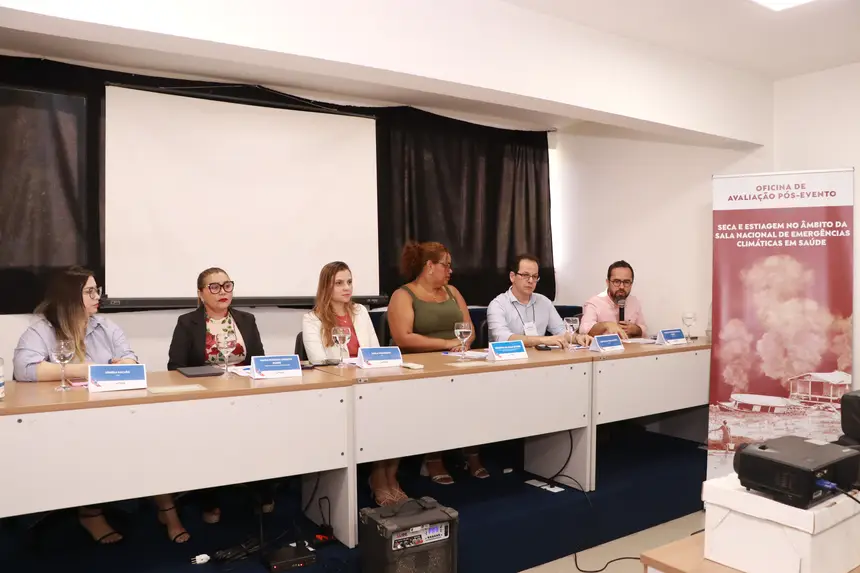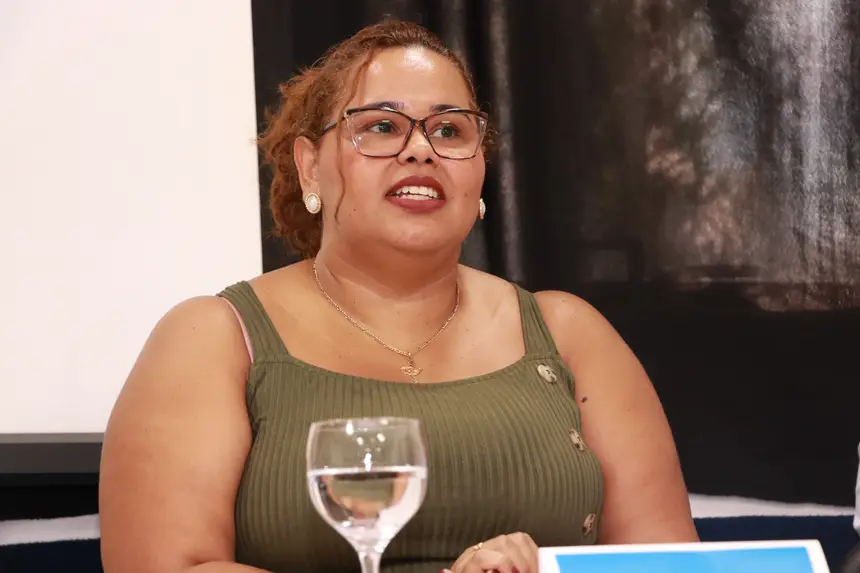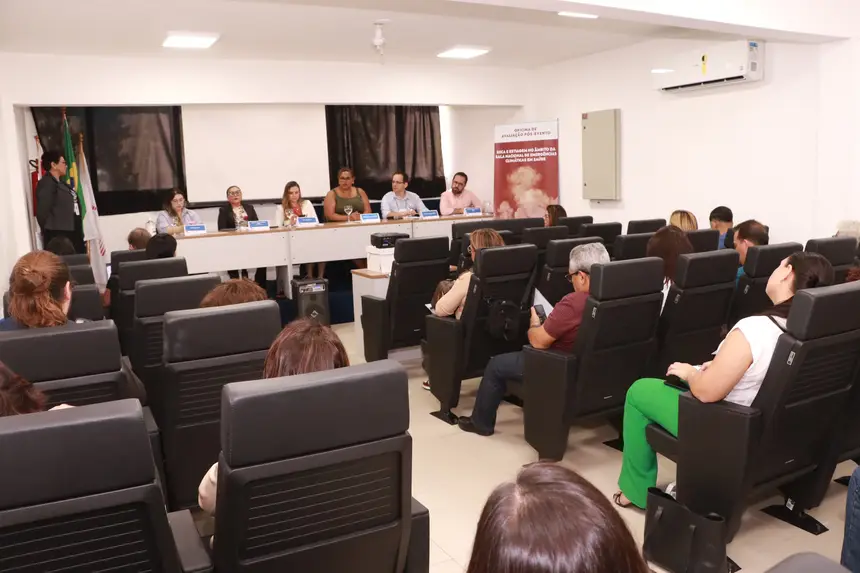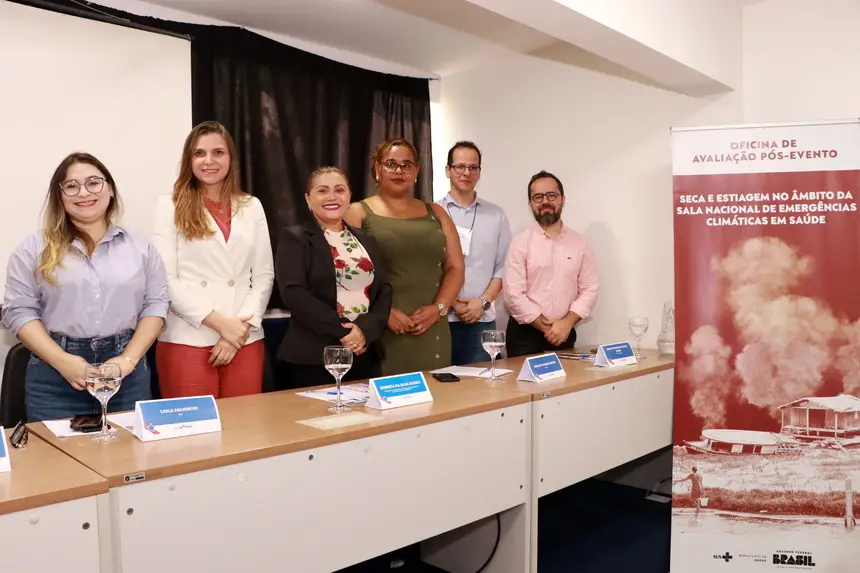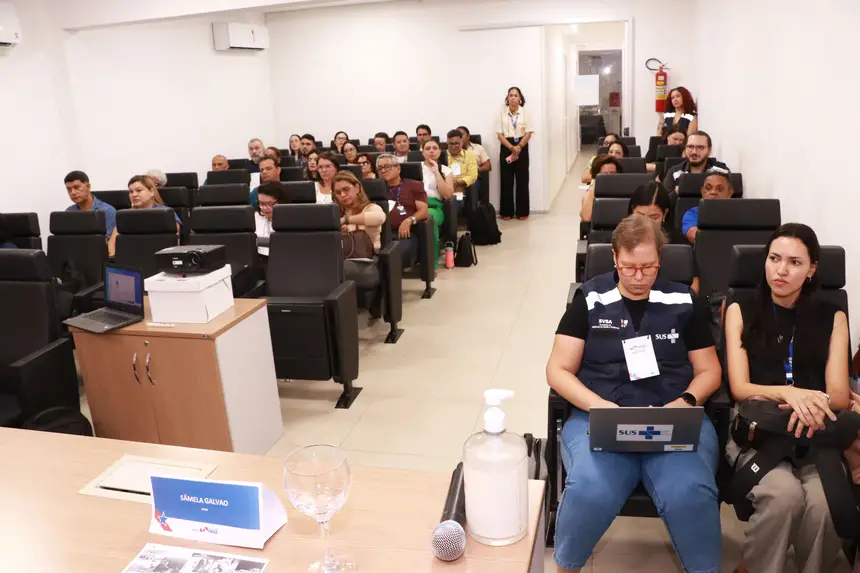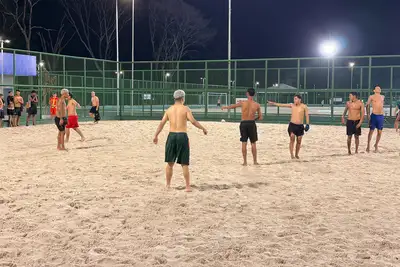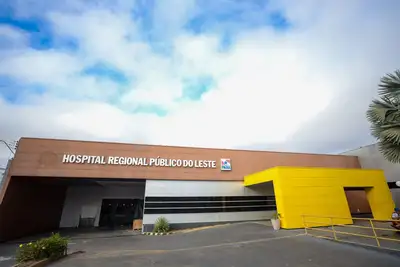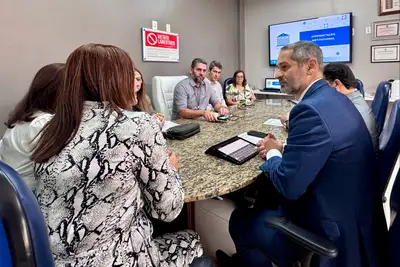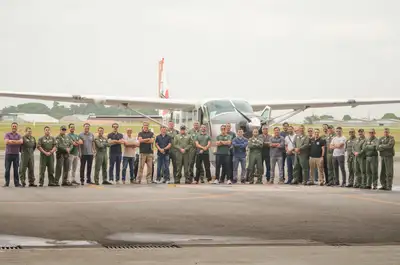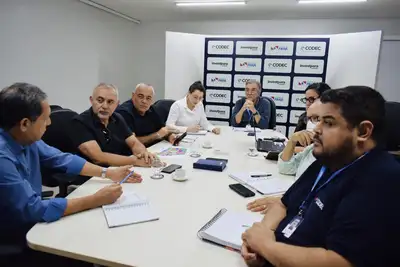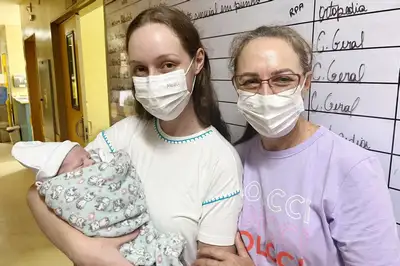Impacts of drought and dry spells on public health are assessed in Pará
Over two days, the meeting brings together managers and specialists to strengthen responses to climate emergencies and develop integrated actions
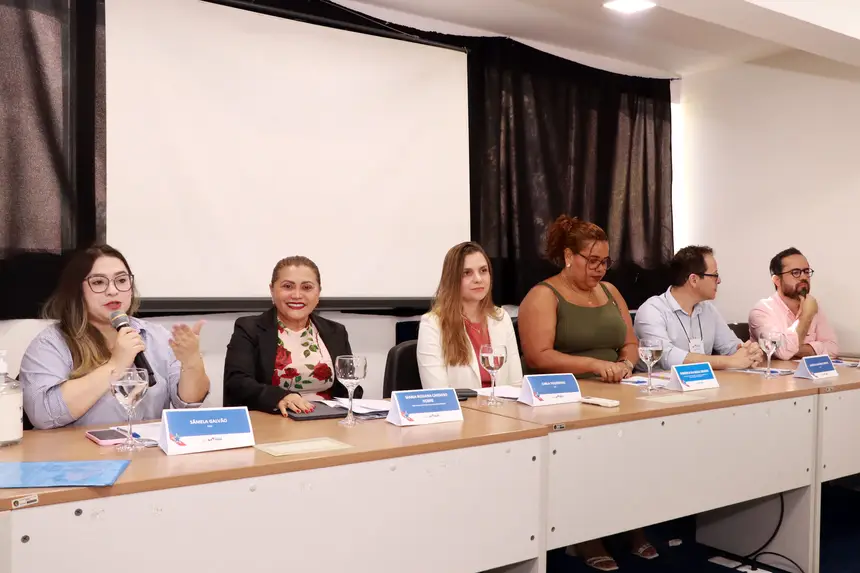
The State Department of Public Health (Sespa) is holding, this Thursday and Friday (3 and 4), at the auditorium of the SUS Technical School (Etsus), the Post-Event Evaluation Workshop – Drought and Dry Spell 2024. This activity is part of an integrated action between the Ministry of Health and the states of Pará, Acre, and Amazonas, aimed at identifying lessons learned, strengths, and weaknesses in responses to the drought and dry spell that affected the Northern Region last year. The event gathers representatives from state and regional management, indigenous health, civil defense, social assistance, Cosems (Council of Municipal Health Secretaries), Conass (National Council of Health Secretaries), and other partners.
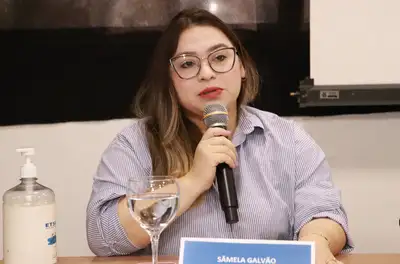
In Pará, the impacts of the dry spell were significant, with an increase in respiratory diseases caused by wildfires, diarrheal diseases associated with water quality, and difficulties in accessing health services, especially in riverside and indigenous areas. Municipalities such as São Félix do Xingu, Altamira, Itaituba, Novo Progresso, Prainha, Portel, and Chaves were among the most affected. Sespa coordinated emergency actions, such as the distribution of hypochlorite, environmental monitoring, sending alert bulletins, and joint action with the National Force of SUS (Unified Health System).
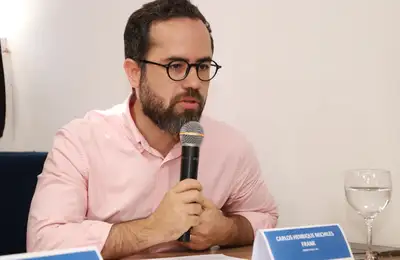
“Our goal in this workshop is to reflect on what worked, what can be improved, and how we can better prepare for the climate challenges to come,” explained Carlos Henrique Michiles Frank, technical advisor of the Department of Public Health Emergency of the Ministry of Health. “It is an opportunity to generate real learnings and strengthen SUS practices at all levels,” he added.
Planning - The methodology used is the After Action Review (AAR), a tool applied in emergency situations to systematize experiences and inform future planning. The workshop also emphasizes the importance of Primary Care in the rapid and coordinated response to the affected population. “Primary care is the main entry point of SUS. It needs to be prepared to welcome, monitor, and protect the most vulnerable people to the effects of the dry spell, such as the elderly, pregnant women, and patients with chronic diseases,” emphasized Sâmela Galvão from the Directorate of Integral Health Care Policies of Sespa.
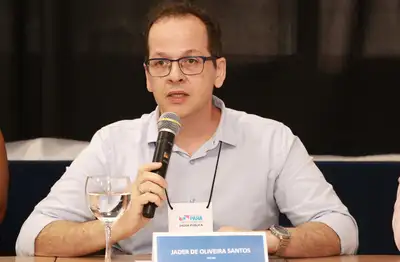
During the program, participants discuss risk communication strategies, intersectoral action, and strengthening health surveillance. Experiences lived in the territories during the drought were also shared. “Our goal in this activity is to bring experiences and topics that are currently on the agenda of strategic health planning, focusing on emergencies related to climate events, such as drought and extreme heat. The frequency of these events is increasing, and we need to align strategies to minimize the impacts on public health,” highlighted Professor Jader de Oliveira Santos, a specialist from UFC (Federal University of Ceará) serving the Ministry of Health.

Reality - Representing state management, the Technical Director of Sespa, Carla Figueredo, reinforced the commitment of the Government of Pará to prepare for climate change. “On behalf of the secretaries, we reiterate the importance of moments like this, which allow us to exchange experiences, strengthen partnerships, and align strategies to protect the health of the population. Climate change is already a reality and requires immediate actions from all of us, both institutional and individual,” she emphasized.
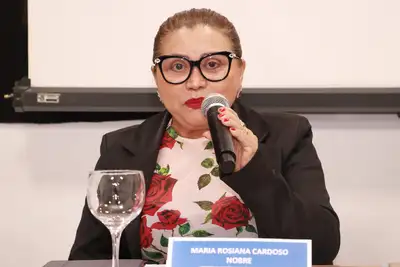
The director of the Health Surveillance Division of Sespa, Rosiana Nobre, also pointed out the need for articulation among different sectors. “The reality of the dry spell demands faster, connected, and effective actions. Pará has extensive regions that are difficult to access, and this requires coordination among various public policies to ensure health, food, and quality water for all,” she highlighted.
The director of the Department of Environmental and Worker Health Surveillance of the Ministry of Health, Roberta Silva Souza, also reinforced the need for unity among federative entities. According to her, “these changes in the environment have intensely and constantly impacted health. It is necessary to work in an integrated manner to enhance our response capacity and protect workers and the exposed population.”
The workshop continues this Friday (4), starting at 8:30 AM, with activities aimed at building proposals for the state emergency response plan to climate emergencies in Pará.


